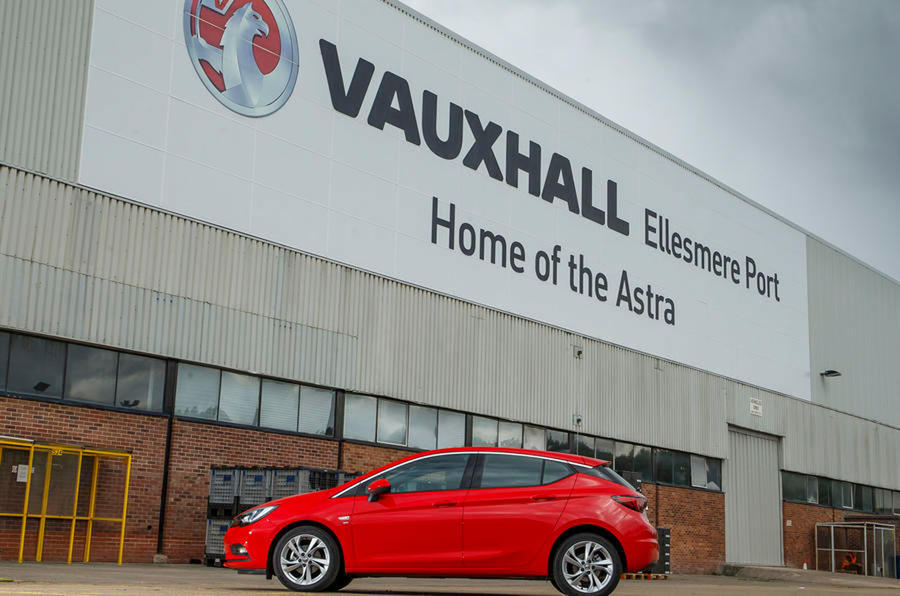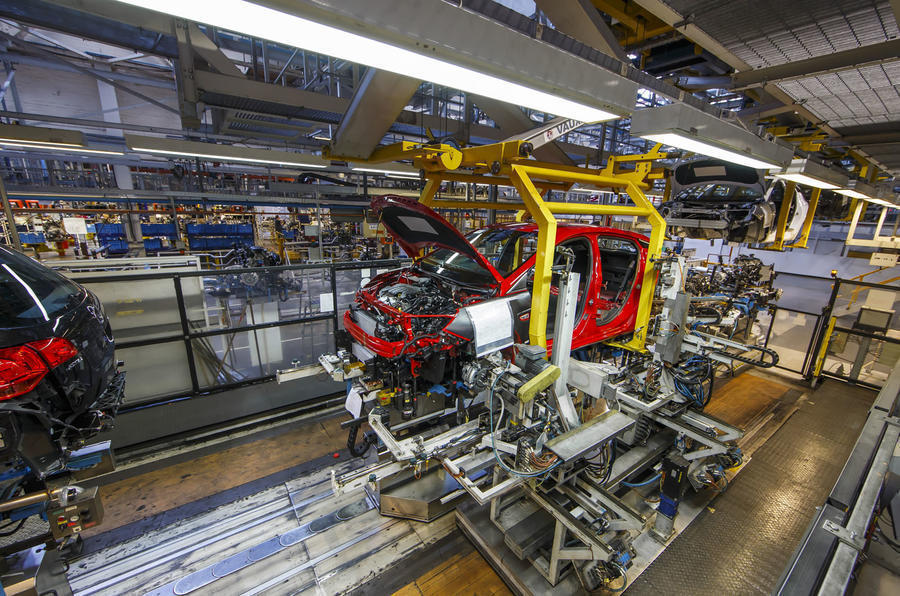Reports suggest plans for commercial EV production in will be announced.
After several months of uncertainty, Stellantis is set to provide a lifeline for its Ellesmere Port factory by investing a substantial amount in converting it to produce electric vans.
According to the Financial Times, citing three people briefed on the plans, Stellantis will announce in the next 24 hours that it will retain the Cheshire, UK site once production of the current-generation Vauxhall Astra draws to a close in the coming months. An investment “in the low hundreds of millions of pounds” will see the plant adapted for EV output.
Automotive News Europe also previously reported that the Ellesmere Port factory’s future had been secured. Citing a source at the manufacturer, the site said that Stellantis could allocate electric van production to Ellesmere Port to supplement production of ICE-powered vans in Luton, where the Vauxhall Vivaro, Peugeot Expert and Citroen Dispatch are currently being produced at full capacity.

The most recent report comes just days after Stellantis UK managing director Alison Jones explained why a decision had yet to be made regarding Ellesmere Port’s future. “In terms of the attractiveness of manufacturing in the UK, there are decisions about the manufacturing, the trade and where the customer base is,” she explained.
“The decision of any factory is the cost of energy, which we know is different in the UK to other locations in the world; the cost of staff and employees; and the logistics to move your components to be able to build. So you have that practicality, and then you have that nearness to your suppliers and customer base.
“We build carbon calculations into every decision we make, so that’s a key part of it. Post-Brexit, we have a deal that runs to 2023 around rules of origin – that then changes in 2027.
“When you think about electric vehicles, the ability to source batteries close to where you’re manufacturing, and then link that to the tariffs that could or could not be imposed as we go forward, is a key component and consideration.
“And then of course, where our customers are located and the logistics of moving vehicles from where they’re manufactured to customers. All three of those are considerations in deciding where we build.”
Stellantis CEO Carlos Tavares recently hinted that the plant would be safe, saying that he expected “a certain amount of approvals will be given by the UK administration” that will allow the plant to remain commercially viable.
Stellantis now offers six electric vans on the e-CMP architecture: the Citroën ë-Berlingo, Peugeot e-Partner and Vauxhall Combo-e and the larger Citroën ë-Dispatch, Peugeot e-Expert and Vauxhall Vivaro-e.
Each of the six commercial EVs is offered as a passenger-carrying MPV variant, too, although it remains unconfirmed which – if any – are destined for production at Ellesmere Port.
Felix Page




